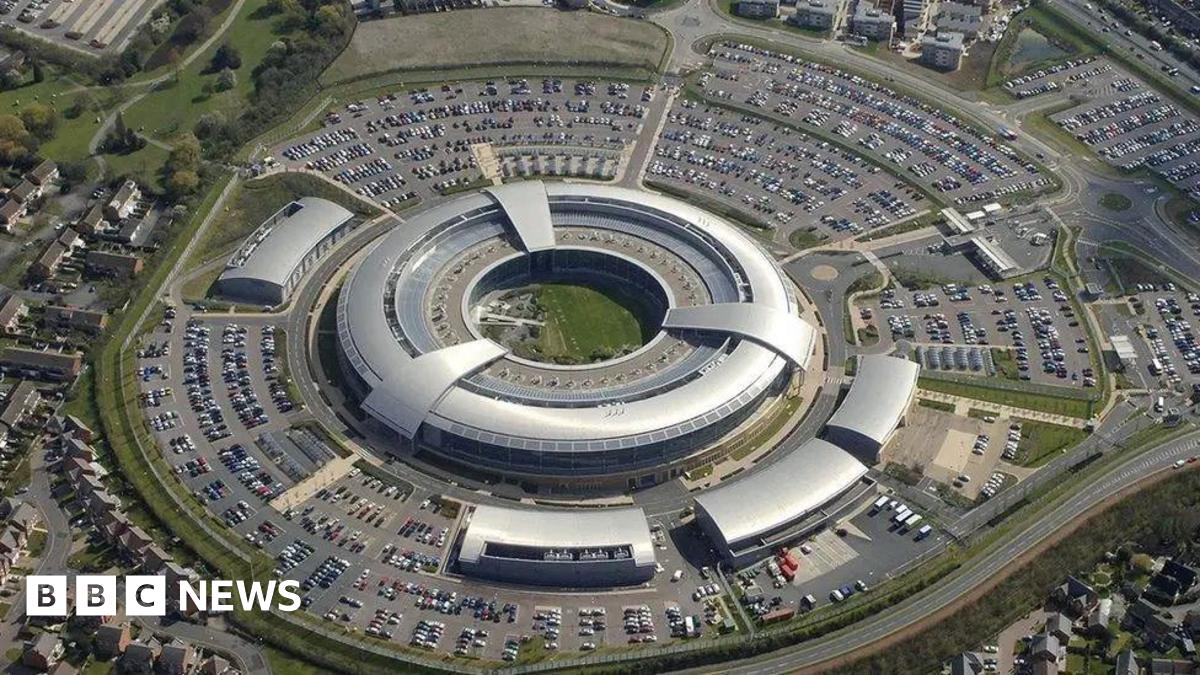World
Cancer waiting times: Latest updates and analysis

What does this mean for people affected by cancer?
It can be easy to forget that behind these numbers are real people going through an incredibly anxious time.
Quantifying the impact of missing targets and longer waits on patient outcomes is difficult as the research is limited.
The picture is different for different cancer types – some progress quicker than others – but we know the overall impact is likely to be negative. One study estimated that a 4-week delay to cancer surgery led to a 6-8% increased risk of dying.
People with more aggressive cancers are prioritised for early treatment where possible, but there can be good reasons why someone might experience a long wait for treatment.
For example, it can take longer to plan treatments intending to cure someone’s cancer, and sometimes patients need prehabilitation before starting treatment to give them the best chance of recovering well.
But increases in missed targets mean people who need potentially lifesaving cancer treatments are waiting, and worrying, for longer – and that is a big concern.
Despite delays, people shouldn’t put off coming forward if they are worried about symptoms. It’s always better to be on the waiting list than not at all, and if doctors are concerned, they will push things through as quickly as possible.
Getting back on track
Today marks another month of missed Cancer Waiting Times targets. Despite the best efforts of NHS staff, cancer patients across England continue to face unacceptable delays before starting treatment.
For many of these patients, the long waits will be full of anxiety and uncertainty. And we know that for rapidly developing cancers, long waits can be the difference between what treatments can be offered.
Huge progress in cancer survival has been made in the last 50 years. But the improvements are showing signs of slowing, and the UK is lagging behind international comparisons. With nearly 1 in 2 of us affected by cancer in our lifetime, tackling cancer outcomes will be key for unlocking a longer, better lives for all.
We want to make sure that cancer continues to be a priority for Government. Reform to improve cancer care alongside targeted investment in equipment and workforce are all needed to drive change.
As we head into winter, it is important to recognise the pressures on the whole NHS including cancer care. The welcome commitment from the UK Government of a new cancer strategy for England underscores the importance of long-term, bold and sustained action.
But a commitment to a strategy does not mean that our job is done. Over the coming months we’ll be working to make sure the strategy contains the right funding, policies and implementation to ensure the plan delivers for people affected by cancer.
We’ll keep campaigning to make sure the cancer strategy, delivers the turning point for cancer we need.
You can help us make this a turning point for cancer by adding your voice to our campaign here.
* Urgent referrals include urgent referrals from a GP for cancer symptoms or breast symptoms, urgent referrals from a cancer screening programme, and referrals upgraded by a consultant.
It’s important to note that the update to cancer waiting times standards in October 2023 means that more types of referral are now included in the 62-day standard. This means that that the 62-day standard now applies to more people than before.
** This standard includes people starting their first treatment for cancer and also people starting any subsequent treatments. Before October 2023, the 31–day standard included first treatments only.










